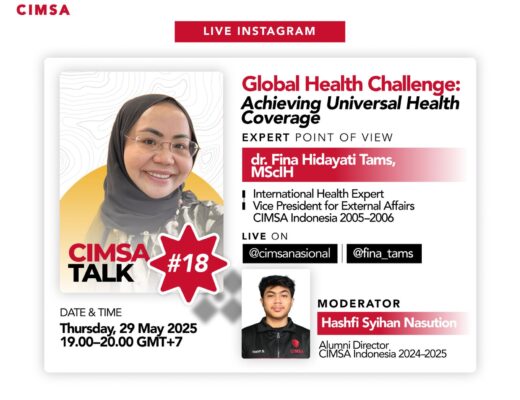Joint National and International Expanded Programme on Immunization (EPI) and Vaccine Preventable Disease Surveillance (VPDS) Review in Indonesia 10-18 Feb2020
Sigrun Roesel, WHO SEARO and Fina Tams, WHO Country Office Indonesia

Indonesia has many achievements in immunization, including having a strong legal framework for this service, financing 99% of its national immunization programme, being largely self-sufficient in vaccine production, having achieved polio-free status and maternal and neonatal tetanus elimination (MNTE), and introducing IPV, measles rubella, PCV, JE and HPV vaccines. Nonetheless, vaccination coverage has stagnated at around 80% for the past decade and this review was conducted to develop rec-ommendations for strengthening various foundations such as routine immunization coverage, the quality and use of data, demand generation, addressing inequity, strengthening the capacity of immunization and surveillance officers, reviewing and revising existing policies and identifying barriers at all levels.
The review was carried out in 15 out of 34 provinces selected by a set of defined criteria and was combined with an MNTE post validation assessment (PVA) in selected high-risk districts. The review highlighted that Indonesia has many comparative advantages to improve its immunization coverage, including good and modern health and transportation infrastructure in most areas, an adequate number of health workers available as vacci-nators, mechanisms for community participation, and high mobile phone and social media coverage.
Immediate priorities identified during the review included identifying those districts with high numbers of drop-outs be-tween DTP1 and DTP3 to improve coverage through intensifying defaulter tracking, updating micro plan -particularly in peri-urban areas -addressing concerns over multiple injections, particularly for administration of new vaccines, and de-veloping tailored demand generation strategies for these populations. A recommendation was also made for the Ministry of Health and partners to coordinate and collaborate to ensure that there is dedicated technical assistance (at minimum one medical epidemiologist/public health expert in all provinces), to increase technical capacity, coordination and advoca-cy sub-nationally, enhance capacity to scale up IPV, PCV and HPV vaccines, and strengthen the capacity of weak districts through supportive supervision. These recommendations will be incorporated into the comprehensive Multi Year Plan (cMYP) 2020-2024.
Repost from Global Immunization News (GIN), March – April 2020 edition. Accessible here




No Comments